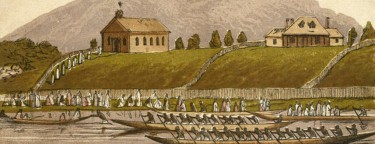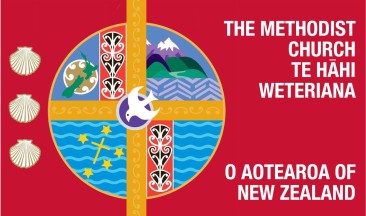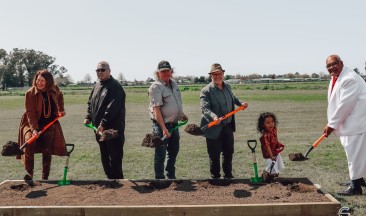Our whakapapa
Where you will find the history of what has shaped Te Hāhi Weteriana o Aotearoa, the Methodist Church of New Zealand, our Conference papers and Law Book, Archives and a view of those issues that are shaping who the Church is.

Our Church's Mission in Aotearoa New Zealand is to reflect and proclaim the transforming love of God as revealed in Jesus Christ and declared in the Scriptures. We are empowered by the Holy Spirit to serve God in the world. The Treaty of Waitangi is the covenant establishing our nation on the basis of a power-sharing relationship, and will guide how we undertake mission. In seeking to carry out our mission we will work according to these principles. Ko te pūtake ā tō tātou Hāhi Weteriana i Aotearoa nei, he whakakite atu, he kauwhau hoki i te aroha whakatahuri o te Atua, he mea whakaatu mai i roto i a Ihu Karaiti, me ngā Karaipiture. Ko te Wairua Tapu e whakakaha ana i ā tātou kia tū māia ai hei tuari mā te Atua i roto i te ao. Otirā, ko Te Tiriti o Waitangi te kawenata e whakaōrite ana i tā tātou noho hei tangata whenua, hei tauiwi hoki, ki tēnei whenua. Mā tēnei Tiriti tātou e ārahi i roto i ngā whakariterite o tēnei whakahau, tono hoki, ki roto ki te ao.
Mission Statement









